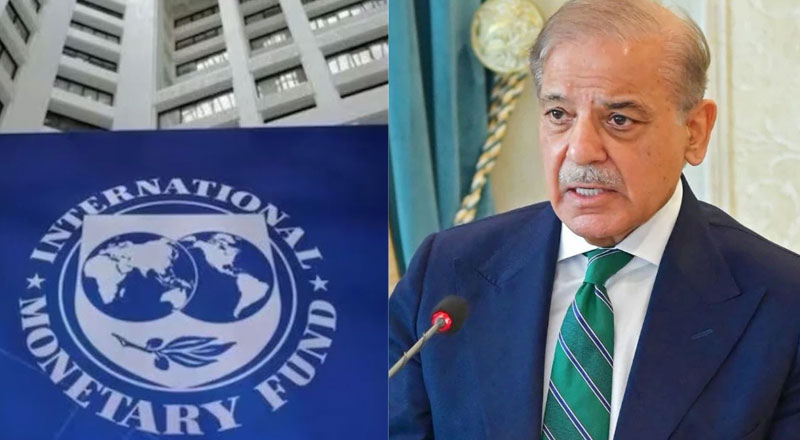India’s Diplomatic Outreach to Afghanistan
In a significant move to preserve historical ties and expand its regional influence, Indian diplomat Anand Prakash, Joint Secretary of the Pakistan, Afghanistan, and Iran (PAI) Division at the Ministry of External Affairs (MEA), held detailed talks with Afghanistan’s acting Foreign Minister, Mawlawi Amir Khan Muttaqi, in Kabul.
The discussions, which covered a broad range of bilateral issues including political relations, trade, transit, and regional developments, underscore India’s cautious yet continued engagement with the Taliban-led administration — even though it is not officially recognized by New Delhi or any major world body.
Muttaqi urged India to expand diplomatic and economic relations, highlighting Afghanistan’s current investment opportunities. He called for easing visa procedures, especially for traders, medical patients, and students, stressing the need to strengthen people-to-people ties.
In response, Prakash reaffirmed India’s commitment to development cooperation and expressed interest in reviving stalled infrastructure projects and launching new initiatives. Both sides agreed to work toward promoting official exchanges, facilitating travel, and enhancing collaboration across sectors.
This diplomatic engagement signals India’s intent to stay relevant in Afghanistan’s future, balancing humanitarian outreach with strategic foresight, particularly in light of the Taliban’s evolving internal dynamics and Afghanistan’s pivotal geographic position.
India’s outreach to Afghanistan also comes at a time when New Delhi is grappling with the fallout of the Pahalgam terror attack. On April 22, terrorists targeted tourists in Kashmir’s scenic Baisaran Valley, killing more than two dozen people and injuring many others in one of the deadliest attacks in the region in recent years.
India has blamed Pakistan-based terrorist groups for orchestrating the assault, prompting a series of strong diplomatic responses — from suspending key agreements with Pakistan to launching intensified counter-terror operations within Kashmir.
Against this backdrop, India’s proactive engagement in Afghanistan is not just about maintaining old partnerships but also about asserting its regional presence in the face of cross-border terrorism threats and building new alliances in a shifting geopolitical landscape.
How Afghanistan Ties Support India’s Strategic Goals
Rebuilding ties with Afghanistan serves multiple Indian objectives. First, it allows India to maintain strategic depth in a region increasingly influenced by China and Pakistan. Second, strengthening trade and people-to-people ties keeps India connected to Central Asia through Afghanistan, an essential hub in India’s long-term connectivity ambitions.
Moreover, by supporting Afghanistan’s reconstruction, India also reinforces its image as a responsible regional power, committed to stability and economic growth, rather than conflict and proxy wars.
US Support: Strong Endorsement for India, Cautious Words on Pakistan
Meanwhile, the United States has reaffirmed its full support for India following the Pahalgam attack, although it has carefully avoided direct criticism of Pakistan.
A U.S. State Department spokesperson said Washington was “in touch with both India and Pakistan at multiple levels,” urging all parties to work towards a “responsible resolution.” Importantly, the spokesperson also emphasized, “The United States stands with India and strongly condemns the terrorist attack in Pahalgam.”
The Biden administration’s comments mirror the sentiments expressed by U.S. leadership, reflecting India’s growing importance to Washington’s Indo-Pacific strategy — particularly as the U.S. seeks to counterbalance China’s expanding influence across Asia.
While Pakistan continues to maintain a level of strategic utility for the U.S., particularly in matters related to Afghanistan and regional security, its significance to Washington has markedly diminished following the American military withdrawal from Afghanistan in 2021.
A Strategic Tightrope for India
India’s renewed engagement with Afghanistan and the firm U.S. support after the Kashmir attack highlight New Delhi’s delicate yet crucial diplomatic balancing act.
In a region rife with uncertainty, India’s approach reflects a pragmatic blend of humanitarian outreach, strategic investment, and security partnerships. New Delhi understands that to secure its interests — whether in Afghanistan or Kashmir — it must stay actively involved in shaping the regional order rather than reacting to it.
As terror threats loom and great power rivalries intensify, India’s engagement on multiple fronts could well define its role as a decisive force for stability and development in South Asia.
(With inputs from agencies)





